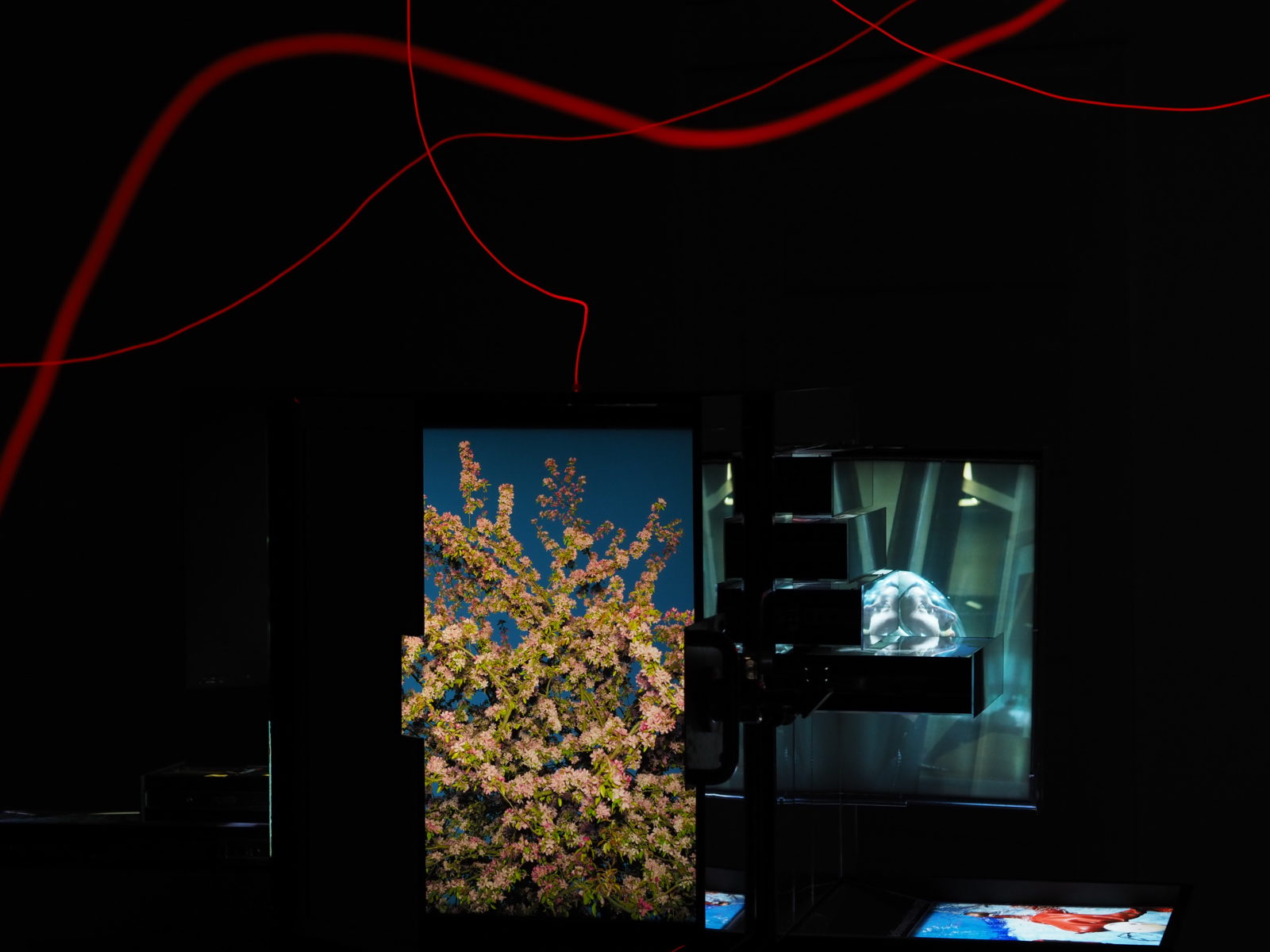From issue: #11 Mónica Alcázar-Duarte, Lucia Pizzani, Xaviera Simmons
Text by Raquel Villar-Pérez, Photoworks.
Mónica Alcázar-Duarte (born 1977) is the current artist in residence at The Ampersand Residency at Wigwell Lodge, Derbyshire. Born in Mexico, she has lived and worked in London for the past 18 years, after spending a few years in New York. Her work stems from personal experiences of displacement and migration, and the whole range of associated emotions. Her art practice is informed by her background in journalism, film and theatre, and incorporates modern technologies such as augmented and mixed reality and 3D to interrogate the construction of epistemic truths. Her work is committed to social and environmental justice, while also highlighting the absence of women in art and technology.
We spoke to Mónica regarding her practice in general and the project she’ll be working on during her stay at Wigwell Lodge.
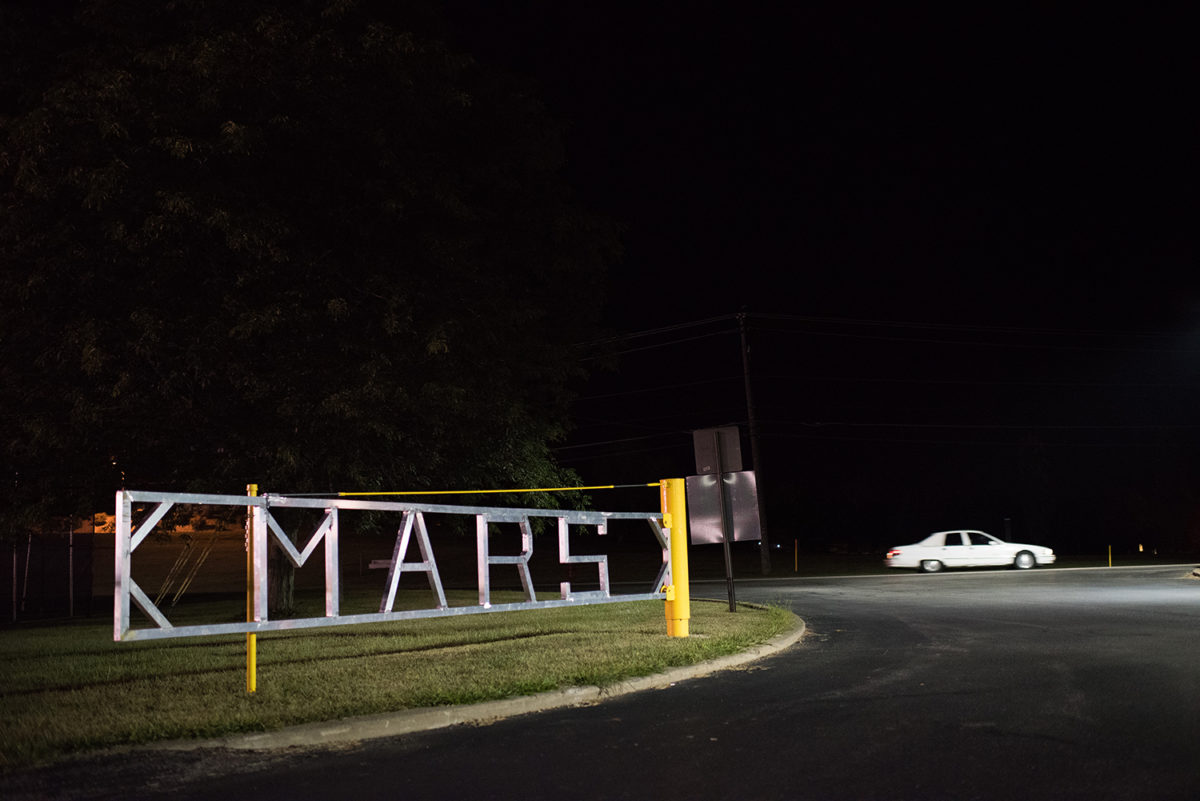
‘My work is motivated by a need for visual interventions. I seek to introduce alternative points of view to dominant narratives, particularly around ideas of progress, with its proposal for a bigger and brighter future. I am interested in the systems behind a certain way of thinking and their monolayered and unquestioned presentation of reality. I feel that there is a need to bring other perspectives into the conversation. It is not a rewriting of history that interests me; it is finding a more balanced way of seeing.
One could say that my practice is photography, but my work manifests in different media – it doesn’t end with the photographs. For example, the current state of the world, the lockdown, has made me return to drawing; in a way, it is helping me to rediscover perception. I also find myself experiencing a lot of performance and dance. With my project Second Nature, 2017-2020 on algorithms and bias, the work really asked for a performative component. These are self-portraits, and I am trying to embody the othering that is performed over the bodies of Mexican women. They are a display of prejudices engraved onto these women’s bodies, almost like boxed figurines enacting the confined ratio of meaning that has been assigned to them. I am also getting more involved in the production of the augmented-reality components of my work. Augmented reality is becoming a tool to expand what is inside the frame of my photographs. I have always been interested in using the limits of photographs as a way to interrogate what gives them meaning, in the hope of expanding them.
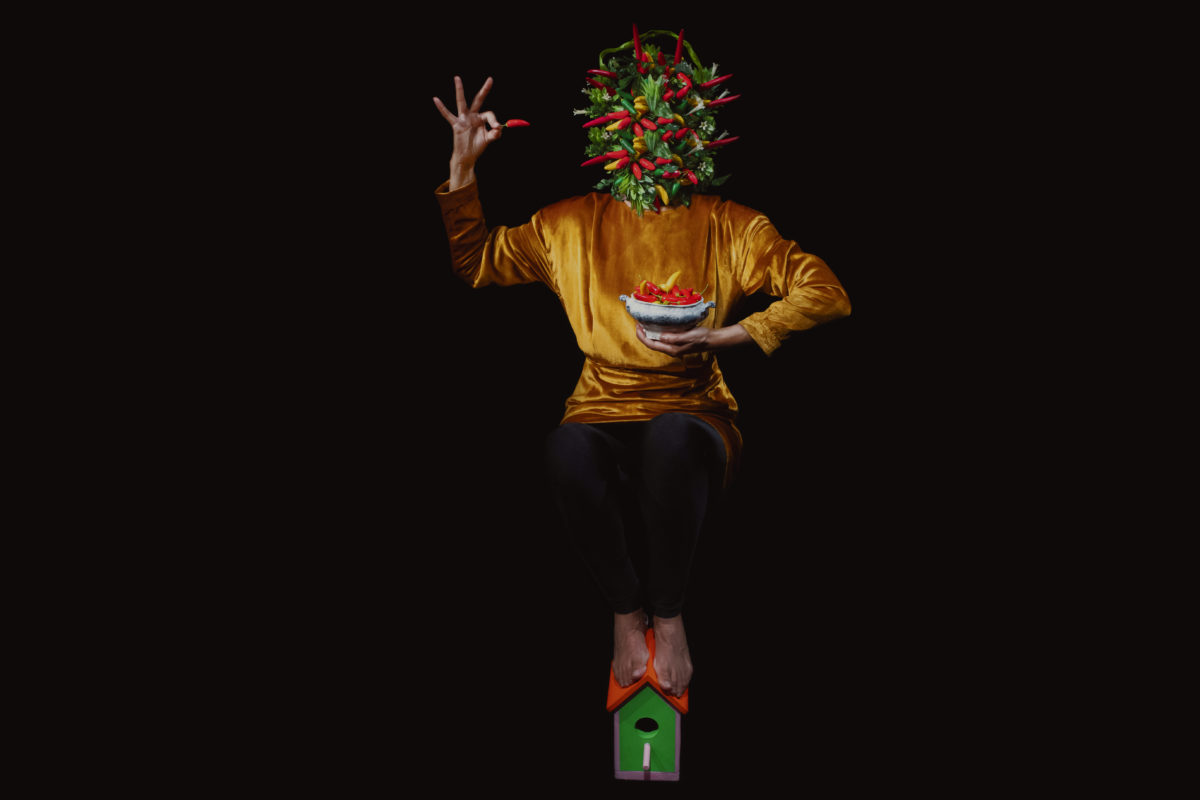
‘My different projects seem, on the surface, to have no connection with each other but, in their own way, each seeks to promote social equality. There was a project that presented a multifaceted view of two small towns on the west coast of Mexico titled Your Photographs Could be Used by Drug Dealers, 2014. Another called A Love for Chocolate, 2012-2014, examined the fondness in western countries for certain food and products instead of the people where these products come from. Most recently I discussed space exploration and an imperative need to include ecology in its aspirations in my projects The New Colonists, 2013-2017, and Ascension, 2016-2018.
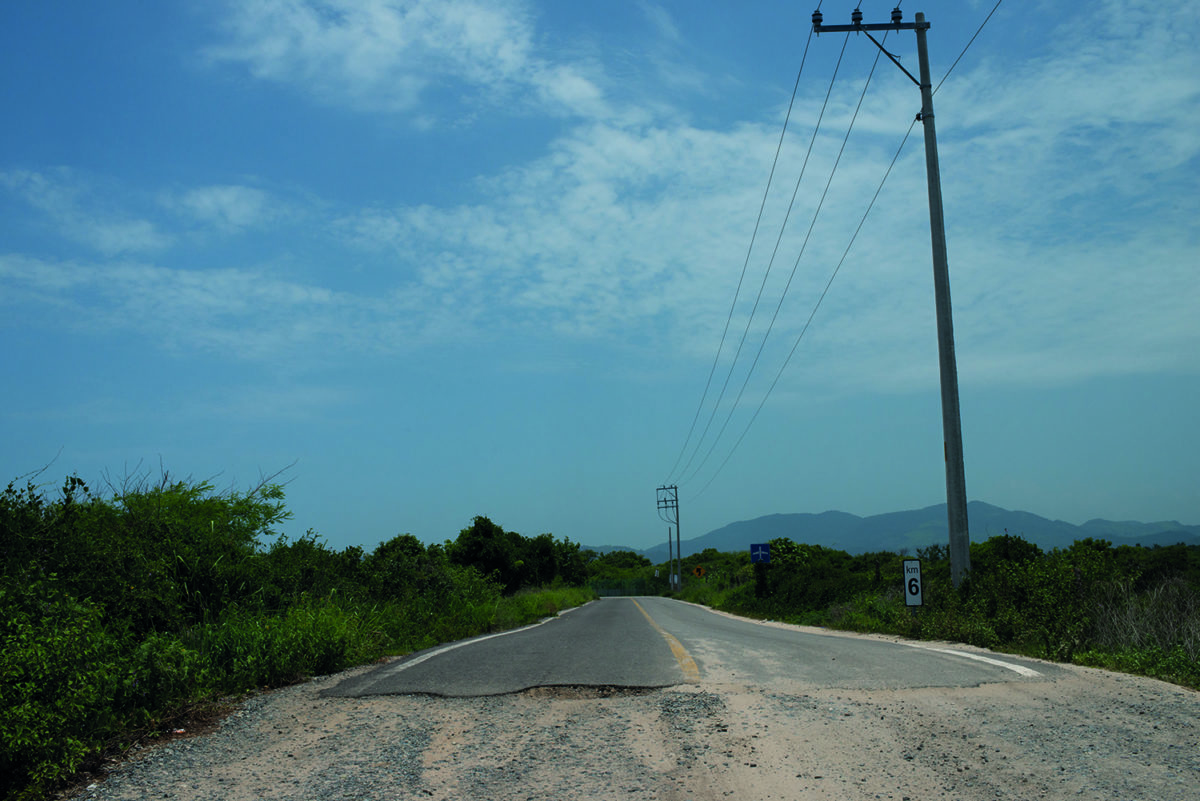
‘The ideas come years ahead of the production of the work. These just arrive. It is not that I decide to work on something – it is almost like the idea finds me, it hits me right in the face and at the pit of my stomach and it doesn’t let me go. This is how I start researching, reading and talking about it. My projects tend to be long-term. Once the photographs are taken and edited, then a whole different process starts, one that involves a combination of further editing – not of the photographs, but of the ideas that I want to propose behind the image. I also like my installations to change. I learn a lot from exhibiting the work: the more I show it, the more questions arise. I think it is very important for me to work on projects for extended periods of time. I want the work to change as I change.
‘Actually, a lot of my personal growth as an artist and of project development come from people’s reactions, observations and questions. I have become very aware of the audience, and I have a special interest in how they engage and interact with the work and ideas at play. This is facilitated by the tactile quality of my work, which requires the audience to relate to it in a considered and paced way. I believe in the act of slowing down as a means to attain a more complex, layered and nuanced understanding of what surrounds us.
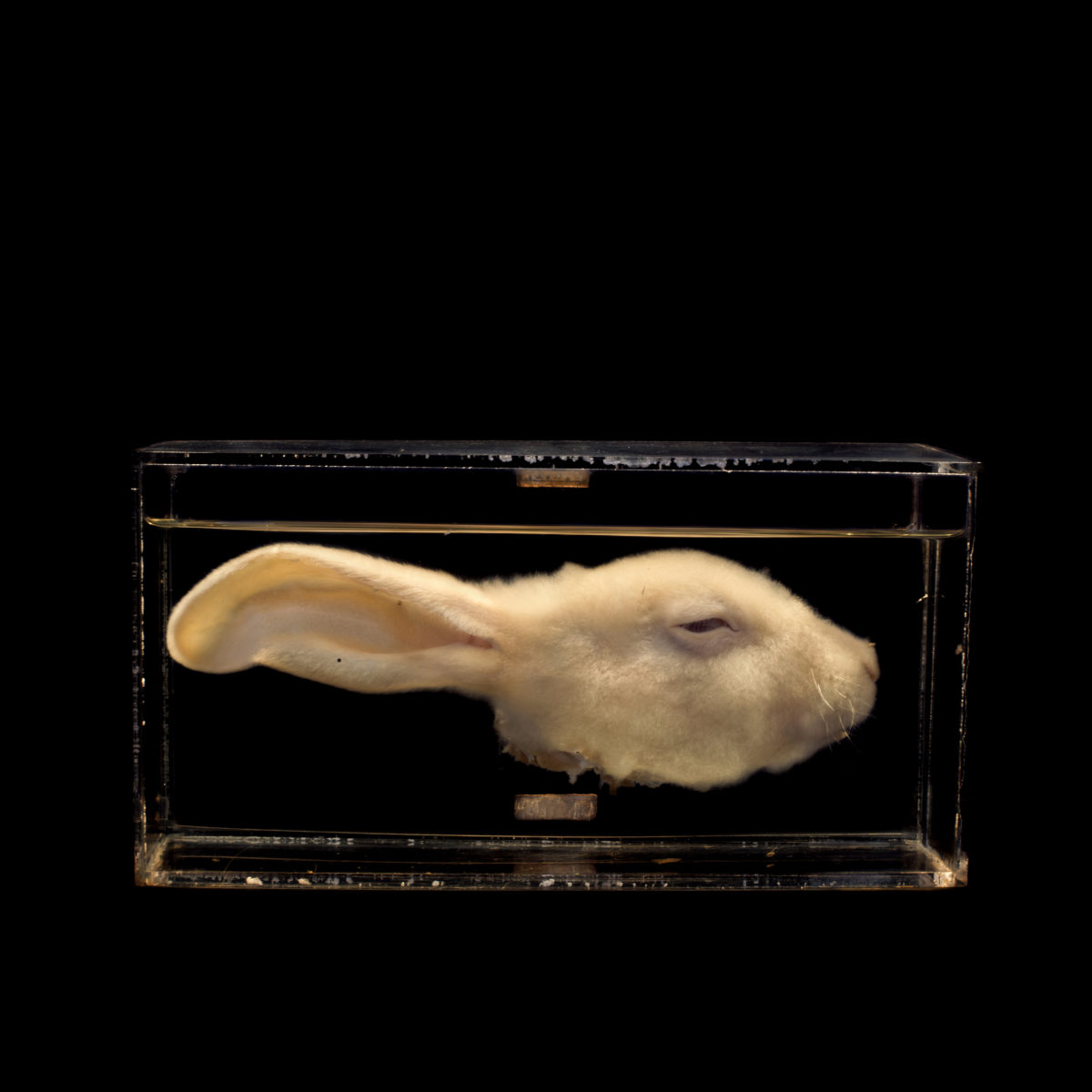
At the beginning of last year I was on my way to finishing the third chapter of my project on space exploration, On the Overwhelming Importance of the Far Future 2017-Ongoing. Because of the pandemic, this had to be put on hold. Parallel to this, I kept working on Second Nature, my project about algorithms, bias and ecological justice. It has three different veins, and I’m coming to the final stages of the first of them. This will be exhibited in York as part of the Aesthetica Art Prize 2021, and in Germany as part of Biennale für aktuelle Fotografie 2022. The second vein is being developed during my time at the Ampersand/Photoworks Residency, and the third is in the research and development stage.
‘During my stay at Wigwell Lodge, I’ll also develop a new body of work titled Simulated Order. A fictional scientist, Marina Mosqueda, visits Derbyshire to study, classify, rename, and reclaim the flora and fauna of the area for her Latin American country of origin. She will be taming the wilderness and subjecting it to her will, looking to create order from chaos. Because of the pandemic, I miss the conversations that would normally take place at gallery spaces. To recreate these, I am also conducting a series of video podcasts around themes of body, bias and technologies. I thought it would be great to have a record of these conversations with a different tone and rhythm, in which we relate to each other, connect, respond, and build a vision for a future in a post-pandemic world.’
Photography+ is supported by MPB.

